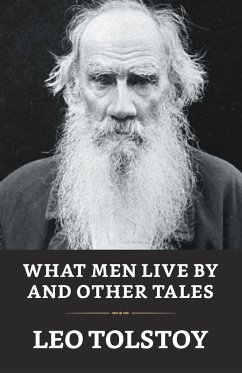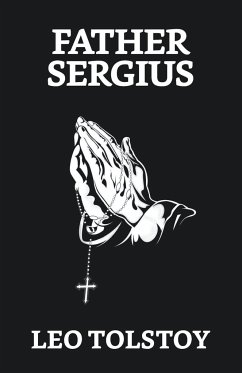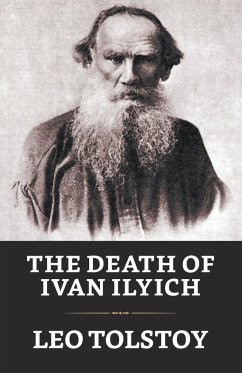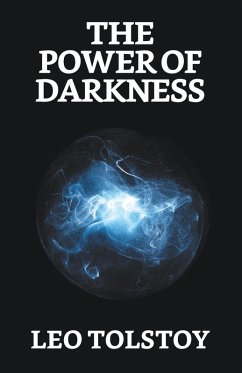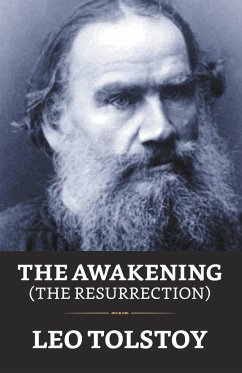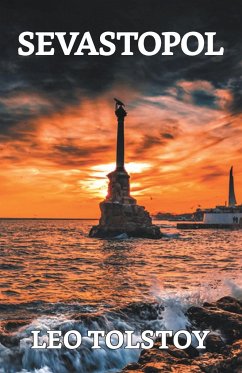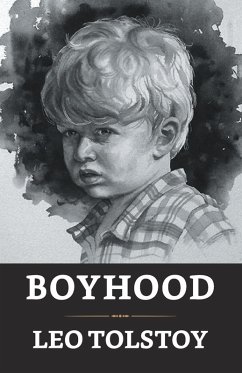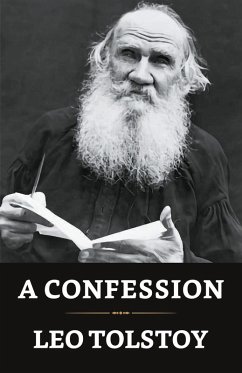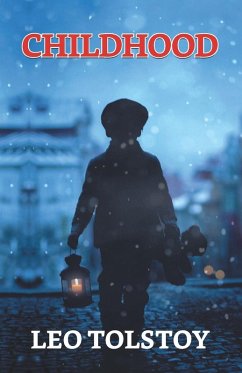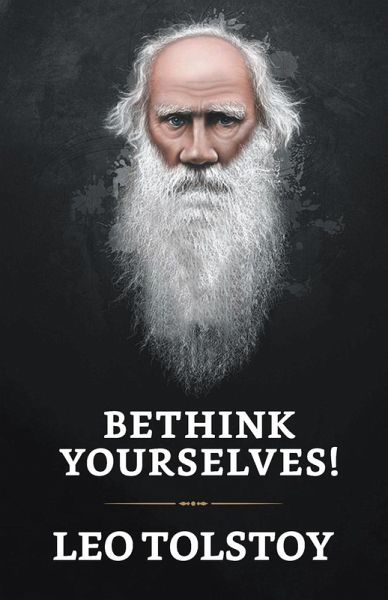
"Bethink Yourselves!"
Versandkostenfrei!
Versandfertig in 1-2 Wochen
11,99 €
inkl. MwSt.
Weitere Ausgaben:

PAYBACK Punkte
6 °P sammeln!
"Bethink Yourselves!" by Leo Tolstoy (translated by V. Tchertkoff). Published by Good Press. Good Press publishes a wide range of titles that encompasses every genre. So much contention, so much anger, so much violence, and so much war exists in our world. It is easy to get caught up in the negativity of it all, but such a mindset will only further drag us down. In this stirring discourse by Leo Tolstoy, we are reminded of the need for peace. He encourages us to align ourselves with the powers of goodness and kindness rather than the evils of the world. Bethink Yourselves! is just as relevant ...
"Bethink Yourselves!" by Leo Tolstoy (translated by V. Tchertkoff). Published by Good Press. Good Press publishes a wide range of titles that encompasses every genre. So much contention, so much anger, so much violence, and so much war exists in our world. It is easy to get caught up in the negativity of it all, but such a mindset will only further drag us down. In this stirring discourse by Leo Tolstoy, we are reminded of the need for peace. He encourages us to align ourselves with the powers of goodness and kindness rather than the evils of the world. Bethink Yourselves! is just as relevant today as when it was first published.





